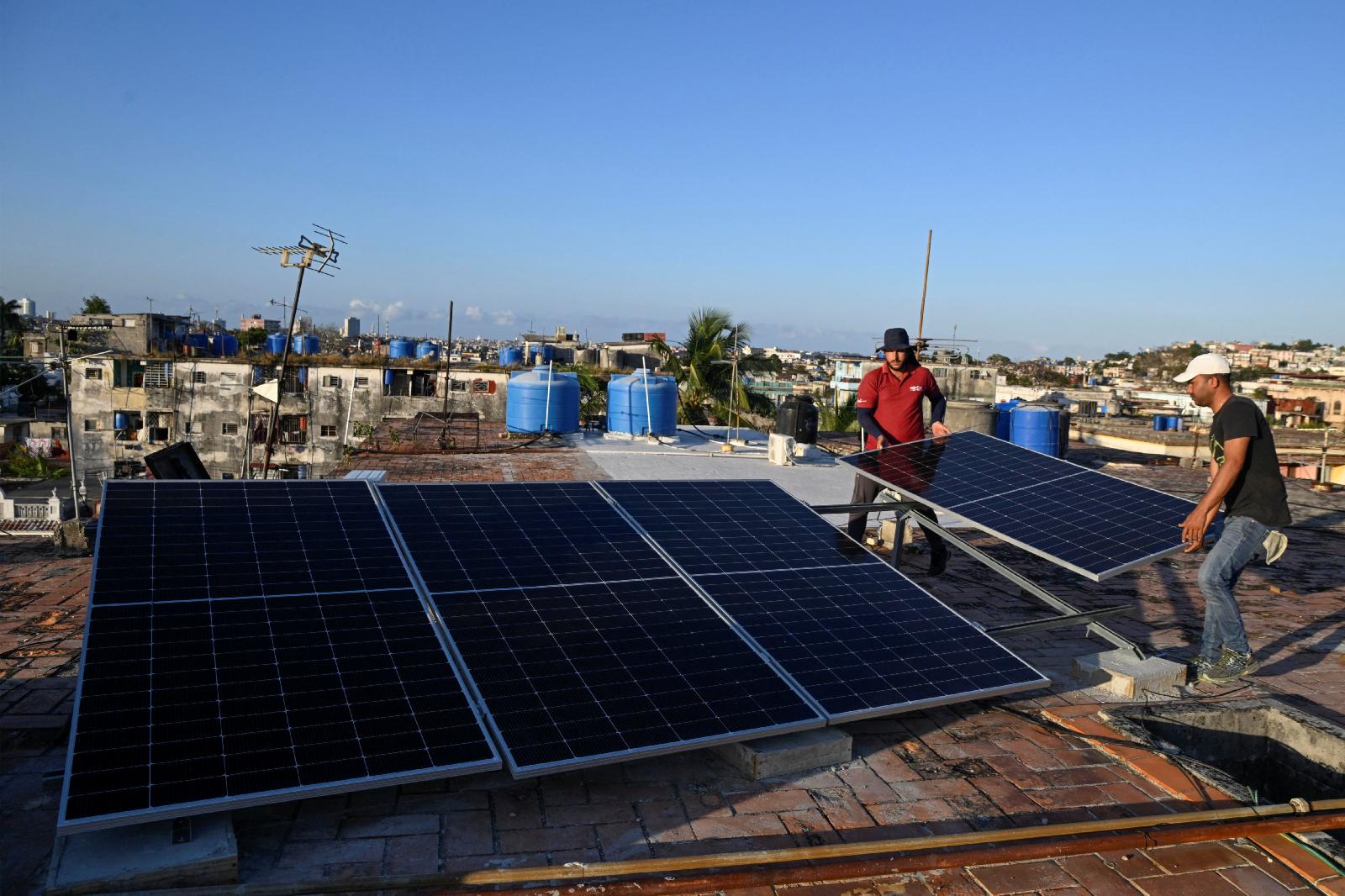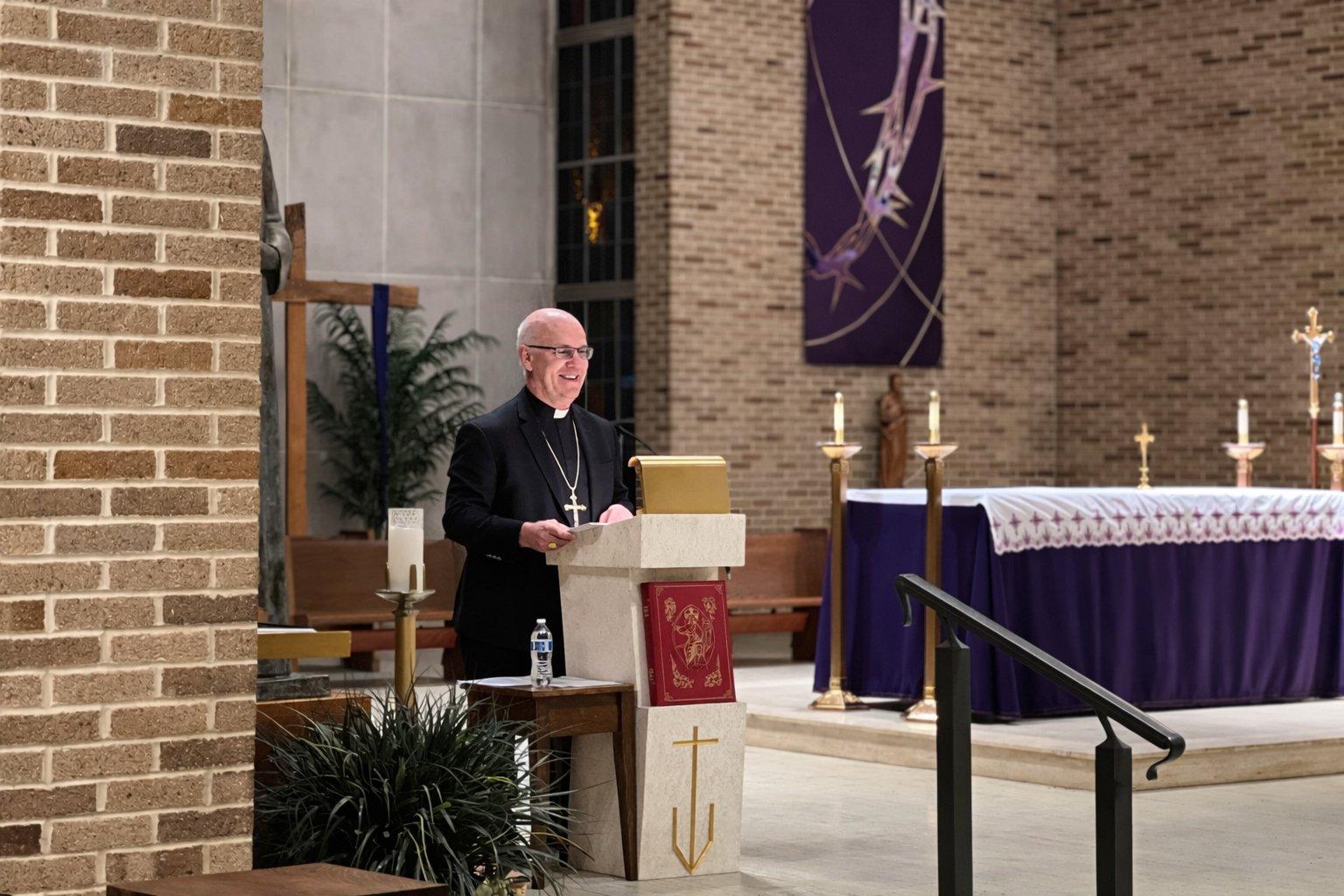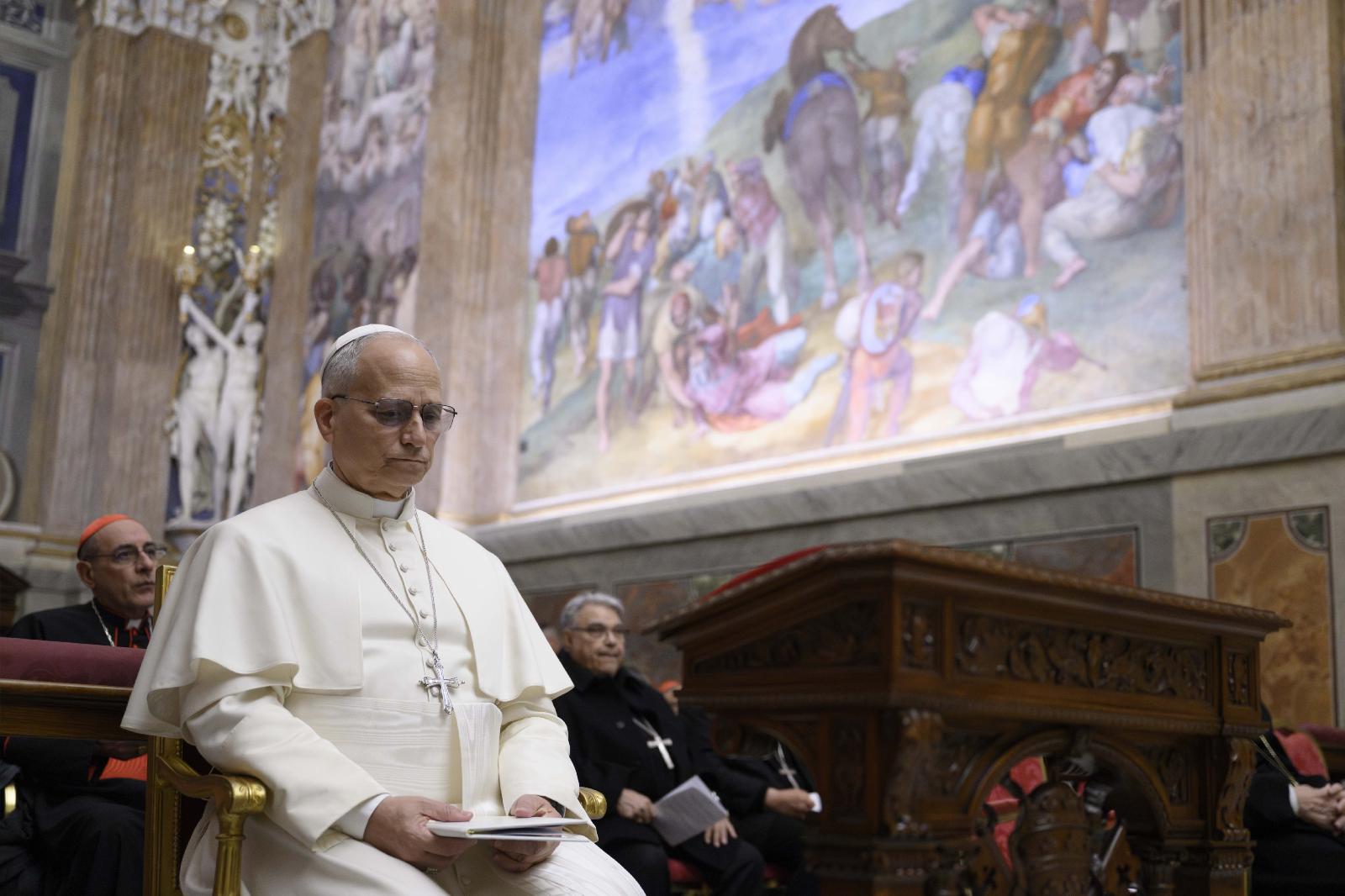Britain tries to reform global trade — without alienating Trump
LONDON — Britain’s man in Geneva is quietly trying to fix the global trading system — without angering President Donald Trump.
As World Trade Organization (WTO) members stumble toward a long-anticipated reform effort, U.K. Ambassador Kumar Iyer is working to modernize the organization’s rulebook.
Iyer’s vision for WTO reform ahead of its big biennial conference in March centers on shaking up the way the 30-year-old U.N. body enforces the rules of global trade.
Speaking to POLITICO earlier this month, Iyer said he wants to have a system “where not everything is always held back by consensus and not everything requires everyone to agree […] and it’s not negatively impacting a range of countries.”
Brussels has flirted with building an alternative “rules-based” trade order that would bring together the EU and the Indo-Pacific trade bloc that the U.K. joined last year — an alliance that sidelines Washington, long accused of paralyzing the WTO’s dispute system.
Ministers representing the two trade blocs are meeting in Melbourne, Australia, this week for their first official joint dialogue.

But Iyer is keen to downplay talk of an anti-Trump alliance. “We’re really comfortable with other countries having those [agreements],” he said. “But they’re not an alternative to the multilateral system.”
‘Businesses’ focus is now elsewhere’
Iyer’s frustration over attitudes towards the WTO is clear — especially with what he sees as corporate indifference toward the organization, leading to its deprioritization in global politics.
“CEOs and corporate leaders have stopped looking towards the WTO as being on the forefront of global trade policy,” he said. “They’ll look at CPTPP […] — that’s where the board-level focus has gone, and that’s very understandable.”
EU Commission President Ursula von der Leyen first floated the idea of a wider alliance with CPTPP members in June during EU trade talks with the U.S. She argued that the bloc could “show to the world that free trade with a large number of countries is possible on a rules-based foundation.”
Still, Iyer insists that no new alliances can replace the WTO — or its role as the foundation of the global trade system.
“No FTA is even possible without the WTO,” he said. “The WTO is the operating system, and FTAs are essentially the applications that sit on it. Saying you only need CPTPP is like saying I’ve got Microsoft Word and Excel, so I don’t need Windows.”
With the WTO’s next ministerial conference fast approaching, officials are steeling themselves for bruising negotiations on several issues, ranging from e-commerce to agriculture and fisheries.
Washington, however, remains the main obstacle. The U.S. has for years blocked the appointment of new judges to the WTO’s top appeals court, effectively paralyzing one of its core functions in trade dispute settlement.
“This isn’t about coming out with a big bang change immediately,” Iyer said of the coming reform talks. “It’s about getting that political engagement around it and showing a real, genuine willingness.”




















:quality(85):upscale()/2025/08/14/650/n/1922283/470aeb83689df49cdc1bb6.14084110_.jpg)
:quality(85):upscale()/2023/10/03/668/n/1922283/1f15c8a9651c2d209e5eb5.32783075_.jpg)
:quality(85):upscale()/2025/09/09/891/n/1922283/7222624268c08ccba1c9a3.01436482_.png)
:quality(85):upscale()/2023/09/18/918/n/1922398/a1136b676508baddc752f5.20098216_.jpg)
:quality(85):upscale()/2025/10/09/670/n/1922283/00b944c868e7cf4f7b79b3.95741067_.jpg)
















